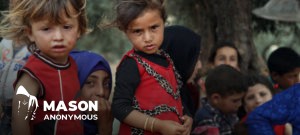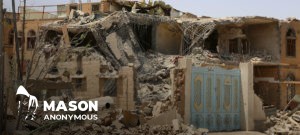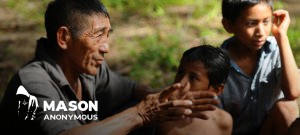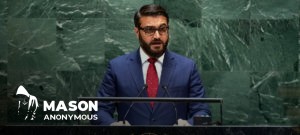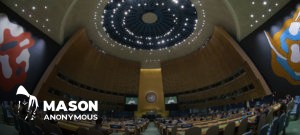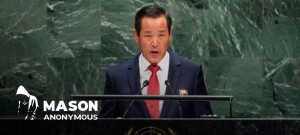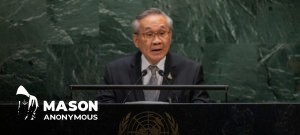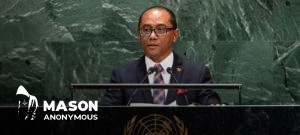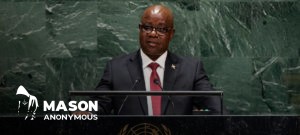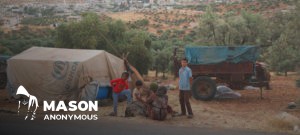As the “first concrete political agreement” between the Government and opposition groups, it “implies a clear acceptance of the other as an interlocutor”, said Geir O. Pedersen. “It commits their nominees to sit together in face-to-face dialogue and negotiation, while at the same time opening the space for civil society at the table”.
After years of intense negotiation, Secretary-General António Guterres announced last Monday that the Syrian Government and the Syrian Negotiations Commission had agreed to form “a credible, balanced and inclusive Constitutional Committee that will be facilitated by the UN in Geneva”.
It offers “a new social contract to help repair a broken country”, he flagged, saying it “can be a door opener to a wider political process” and, if accompanied by other steps to build trust and confidence among Syrians and the international community, “a step along the difficult path out of this conflict”.
Nuts and bolts
The agreement’s core terms of reference are framed by the key principles of respect for the UN Charter, Security Council resolutions, Syria’s sovereignty, independence and territorial integrity.
The UN envoy spelled out that the constitutional reforms adopted by the Committee “must be popularly approved and transposed into the national legal order by a means that will need to be agreed”.
He outlined the Committee’s structure, which will consist of “equal co-chairs” one from the Government, the other from the opposition; a 45-person body consisting of 15 Government, 15 opposition and 15 civil society members to prepare and draft proposals; and a 150-person body from the same sectors, each with 50 members, to discuss and adopt proposals – with a 75 per cent decision-making threshold.
Noting that the UN will release the names of the 150 members after they have been confirmed, he pointed out that the 50 civil society actors hail from different religious, ethnic and geographical backgrounds; some live inside Syria while others are based outside; and nearly half are women.
“Both parties have told me that they have confidence in the United Nations and want to work with us in a sustained and constructive manner”, said Mr. Pedersen, adding: “We will do everything we can to meet their expectations”.
“Ensuring sufficient credibility, balance and inclusivity…has been a key priority”, the UN envoy said, admitting that “the result is a negotiated compromise, and like all compromises, no one is completely satisfied”.
Lauding the “outstanding work” of “Syrian experts and activists, men and women, on all sides” that have helped create this new public space for democratic and civic debates, he acknowledged that not all of them could be on the Committee, but expressed confidence that “they will continue to make their voices heard”.
“The future constitution of Syria belongs to the Syrian people and them alone”, he stressed.
“Syrians, not outsiders, will draft the constitution, and the Syrian people must popularly approve it”, maintained Mr. Pedersen.
Pointing to the continuing humanitarian crisis in Idlib; ongoing terrorism concerns; violence – and the plight of displaced, abducted and missing civilians – the Special Envoy recognized that many challenges persist, and appealed to all parties to “seize upon the momentum that the Committee offers and take concrete actions, to build trust and confidence”.
“Step by step”, Mr. Pederson told Council members, “we need to build the kind of safe, calm and neutral environment that could make Syrians feel that the political process can restore their country and respond to their aspirations”.
